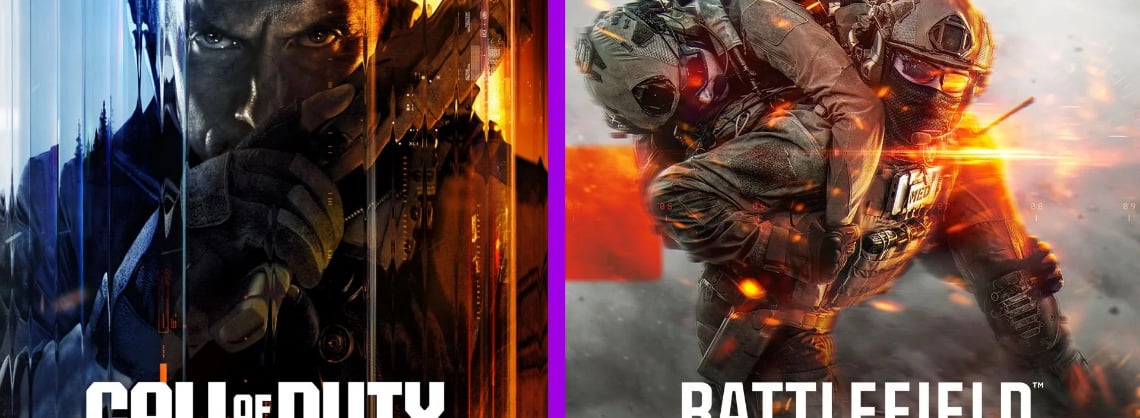
Related Stories
The Rare Truce in the FPS War
Call of Duty and Battlefield have always been the Coke vs. Pepsi of the FPS world, fierce competitors with wildly different styles. But for once, they’re on the same page: both are embracing Secure Boot and TPM 2.0 to take anti-cheat protections to the hardware level.
In August 2025, Activision began phasing in these requirements during Black Ops 6 Season 5, while EA confirmed that its next Battlefield title will fully require them at launch. It’s an unusual moment of alignment between franchises that rarely agree on anything.
What Secure Boot Actually Does
Secure Boot works at your PC’s deepest layer, the firmware, to make sure only trusted, signed code runs during startup. When paired with TPM 2.0, it verifies the system’s integrity before Windows even loads.
In the context of shooters like Black Ops 6 and Battlefield 6, this is a big deal. It closes off a major cheat vector: kernel-level exploits that run before the game (or even the OS) starts, making them invisible to software-only anti-cheat systems.
Why Both Publishers Are Moving Now
-
Rising Cheat Sophistication – Kernel-injected cheats have been getting cheaper and more common.
-
Hardware Support Is Finally Widespread – Secure Boot and TPM 2.0 have been standard in most gaming PCs since the late 2010s.
-
Cross-Franchise Influence – Rumors suggest Battlefield’s move encouraged Activision to accelerate its own rollout, and vice versa, creating a sort of “security race.”
Black Ops 6 vs. Battlefield’s Approach
| Feature | Black Ops 6 (Season 5) | Battlefield 6 (Launch) |
|---|---|---|
| Rollout | Optional now, mandatory with Black Ops 7 | Mandatory at launch |
| Testing Window | Players get several months to prepare | None—day-one requirement |
| Anti-Cheat Integration | Works with RICOCHET | Works with EA’s FairFight + new kernel driver |
| Impact on Old Hardware | Warning prompts now | Immediate block if unsupported |
What This Means for Players
-
Fairer Matches – Theoretically fewer cheaters slipping past detection.
-
Upgrade Pressure – PCs without modern firmware support may be left behind.
-
No Performance Hit – Both studios say Secure Boot checks run before gameplay and don’t affect FPS.
-
Linux & Deck Limitations – Systems without official Secure Boot support will be locked out unless workarounds are found.
The Bigger Picture
If two of the FPS industry’s fiercest rivals are both enforcing Secure Boot and TPM 2.0, it may set a new baseline for all competitive shooters. Games like Valorant and Rainbow Six Siege could follow suit, cementing hardware-based security as a standard rather than an exception.
For players, it’s a mixed bag: stronger integrity in matches, but a shrinking window for outdated rigs to keep up.
Bottom Line
The Battlefield, Call of Duty rivalry has always been about weapons, maps, and pacing. But in 2025, the real battle might be fought in your PC’s firmware. Secure Boot isn’t glamorous, but if it works as intended, it could be the quiet revolution that shapes the next era of competitive FPS.


